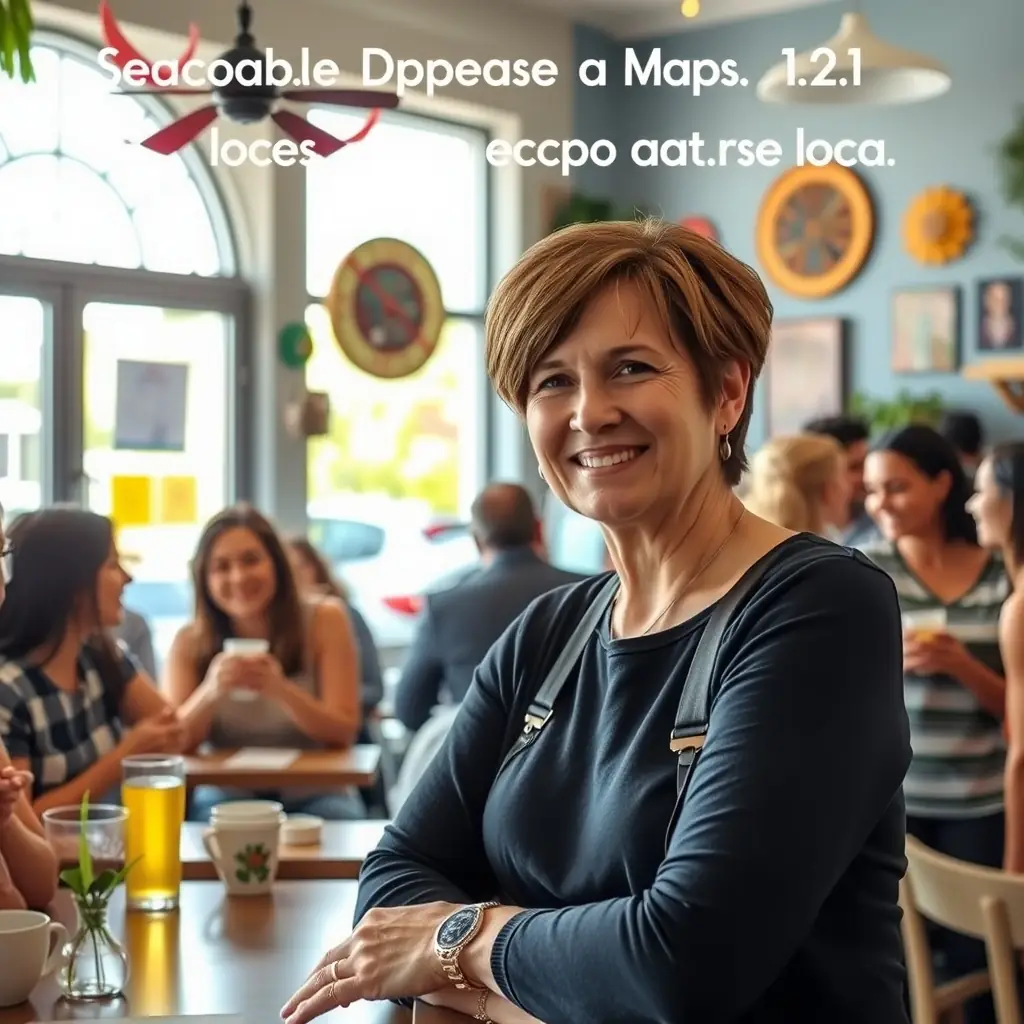
Your source for UK small business news.

Our Mission & Values
Latest Updates
Technology Trends Impacting UK Small Businesses: Adapting to the Digital Age
Staying updated on technology trends is crucial for UK small businesses to remain competitive in
Marketing Strategies for Small Businesses in the UK: Digital and Traditional Approaches
Effective marketing strategies are essential for small businesses to reach their target audience and drive
Funding Options for UK Small Businesses: Grants, Loans, and Investments
Understanding the various funding options available to UK small businesses is crucial for growth and
Navigating the UK’s Economic Landscape: Challenges and Opportunities for Small Businesses
The UK’s economic climate presents both challenges and opportunities for small businesses.
Business Trends
Stay ahead with insights on emerging business trends and market dynamics.
Financial Advice
Expert tips and guidance on managing your finances and investments.
Industry Insights
In-depth analysis and perspectives on various industries and sectors.
Local News
The latest news from your local area.
Technology
The latest technology news and trends.
Entrepreneurship
Tips and advice for entrepreneurs.
Featured Articles
Technology Trends Impacting UK Small Businesses: Adapting to the Digital Age
Staying updated on technology trends is crucial for UK small businesses to remain competitive in
Marketing Strategies for Small Businesses in the UK: Digital and Traditional Approaches
Effective marketing strategies are essential for small businesses to reach their target audience and drive
Funding Options for UK Small Businesses: Grants, Loans, and Investments
Understanding the various funding options available to UK small businesses is crucial for growth and
Email Us
For any inquiries, please reach out to us at contact@itsnews.co.uk. We aim to respond to all emails within 24 hours.
Call Us
You can contact us by phone at +44 20 7946 0958. Our team is available from 9 AM to 5 PM, Monday to Friday.
Visit Us
Our office is located at 123 Business Lane, London, EC1A 1BB, United Kingdom. Feel free to stop by during business hours.
Technology Trends Impacting UK Small Businesses: Adapting to the Digital Age
Staying updated on technology trends is crucial for UK small businesses to remain competitive in
Marketing Strategies for Small Businesses in the UK: Digital and Traditional Approaches
Effective marketing strategies are essential for small businesses to reach their target audience and drive
Funding Options for UK Small Businesses: Grants, Loans, and Investments
Understanding the various funding options available to UK small businesses is crucial for growth and




